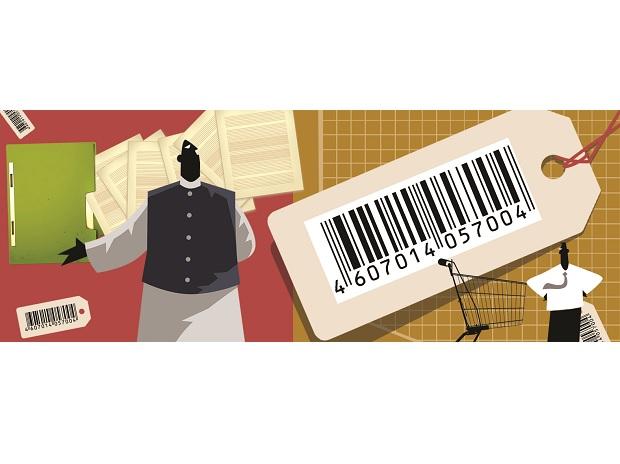Mineral raw materials refer to naturally occurring substances that are extracted from the earth and used to make a wide variety of products. They include metals like copper, aluminum, and nickel, as well as non-metallic minerals like salt, limestone, and sulfur. These materials are used in a range of industries, from construction and manufacturing to electronics and renewable energy.

The importance of mineral raw materials cannot be overstated. They are essential for building infrastructure, such as roads, bridges, and buildings, as well as producing everyday goods like cars, appliances, and electronics. In fact, the World Bank estimates that the production of mineral raw materials accounted for 10-15% of global GDP in 2017.
However, the sourcing and trading of mineral raw materials presents unique challenges. As with other types of commodities, the prices of mineral raw materials can be highly volatile, influenced by a range of factors such as demand, supply, and geopolitical tensions. Additionally, there is often a high level of uncertainty surrounding the availability and quality of these materials, leading producers and consumers to hedge their risk through futures contracts or other financial instruments.
Another challenge is the ethical and environmental concerns surrounding the extraction of mineral raw materials. The mining industry has a long history of environmental damage and human rights abuses, particularly in developing countries where regulations may be lax or non-existent. However, there are efforts to address these issues, such as the Organisation for Economic Co-operation and Development (OECD) Due Diligence Guidance for Responsible Mineral Supply Chains.
Despite these challenges, the mineral raw materials market continues to play a crucial role in global trade and investment. As the world becomes increasingly reliant on technology and green energy, demand for minerals like copper, lithium, and cobalt is expected to rise significantly. This presents both opportunities and challenges for producers, traders, and consumers, as they navigate a rapidly evolving market and strive to balance profitability with sustainability and responsibility.
Overall, mineral raw materials are an essential and complex part of the commodities market, with a significant impact on the global economy and society. As the demand for these materials continues to grow, it is critical that stakeholders work together to ensure responsible and sustainable sourcing and trading practices that benefit all parties involved.